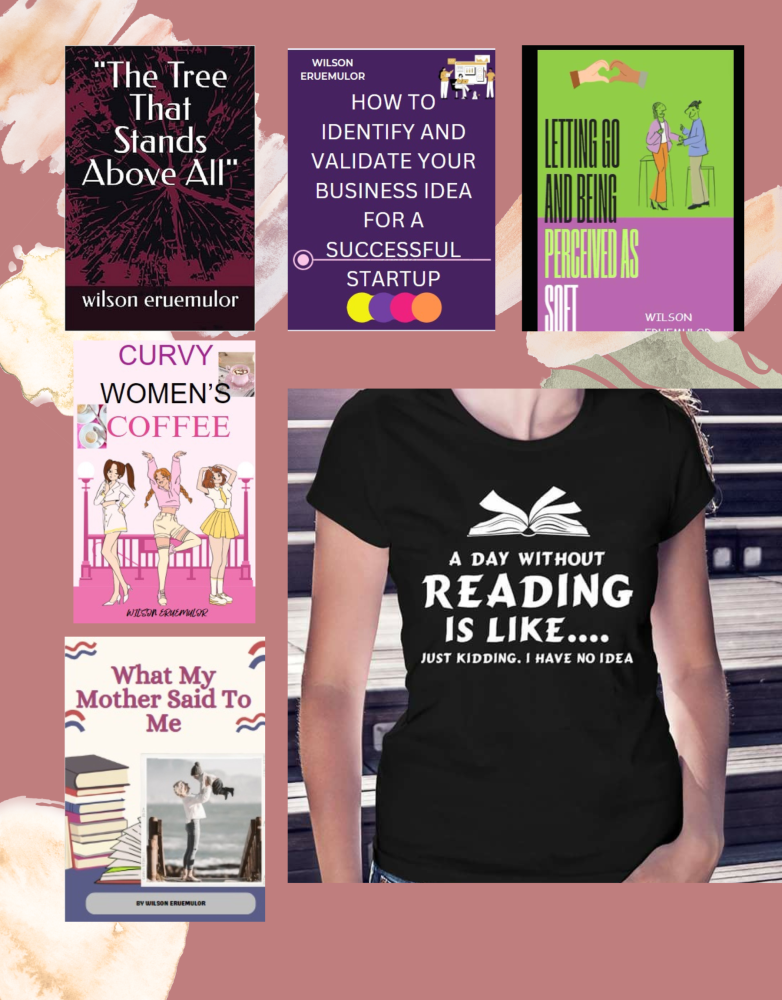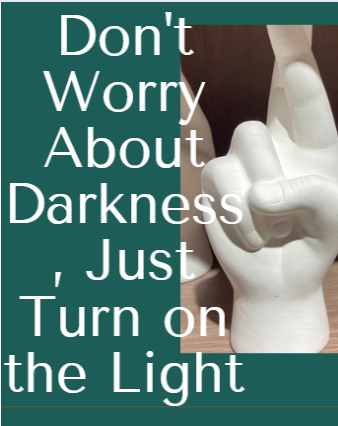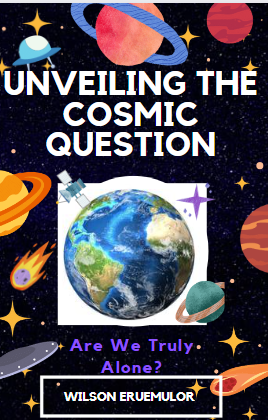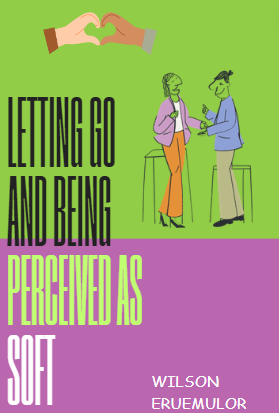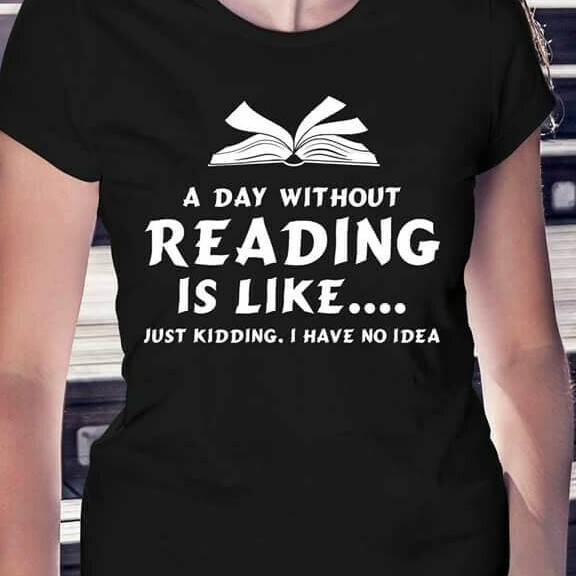I’m here to help you embark on a thought experiment that might seem a bit strange at first glance. Imagine a day without reading – sounds almost unimaginable, right? Reading is like breathing for the mind; it’s so ingrained in our daily lives that the prospect of 24 hours without words seems foreign. This isn’t just about forgoing the pleasure of a good book; it’s also about realizing how text is woven into the very fabric of our existence.
You’re going to find out about how reading touches everything from our morning coffee routine to our nighttime unwinding. And yes, I know it’s challenging to picture a day devoid of letters and lines, menus and messages, notes and notifications. But by stripping away the layers of text that blanket our day, we can truly appreciate its importance not only in personal development but also in maintaining the societal order.
In my opinion, the very thought of not reading for a day brings on a wave of emotions: bewilderment, a sense of loss, perhaps even a touch of fear. Reading grounds us, informs us, and connects us. Today, I’m going to be talking about what happens when all of that is paused. So, as you cozy up and prepare to journey through the following chapters, let’s color in the picture of a day shrouded in wordless mystery. And who knows? By exploring what a day without reading might look like, we might just deepen our understanding and gratitude for every word we consume.
Chapter of Chaos: Imagining the Wake-Up Without Words
Picture this: your alarm blares, you’re slogging your way out of the dream world, and there’s a strange quietness – not in sound, but in meaning. This is the morning without any words. Let’s unpack what that looks like. Imagine staring blankly at the back of your cereal box, the once-familiar letters now a foreign code. Your favorite morning news app, reduced to incomprehensible glyphs, offers no grasp on the world’s happenings.
This scenario isn’t just a minor inconvenience. It fundamentally alters every part of the morning ritual. There’s no checking the weather on your phone, no skimming emails to prepare for the day ahead. Even the simplest tasks, like brewing a pot of coffee, come with their own set of challenges – the instructions on the coffee maker might as well be hieroglyphs. You’re flying blindly into your morning, the autopilot disengaged, each step demanding heightened awareness and memory.
I’ve certainly taken for granted how even the tiniest words give direction to my day. From the labels on toiletries to the quick texts darted off before I step out the door, reading underpins the start of most of our days. In this imagined world without the ability to read, those texts to loved ones or colleagues would be threads of nonsensical characters, disconnecting us from our networks of support and collaboration. Grab a copy now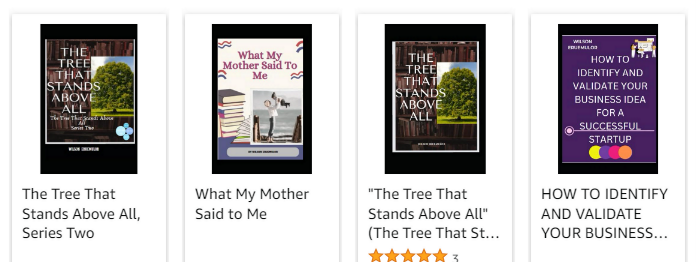
The absence of reading would thrust us into a deeper reliance on other senses and forms of communication. Mimicking actions we’ve memorized or relying on verbal cues would become the crutch for our morning routines. But remember, the implications of this extend beyond the individual. Imagine children heading off to school unable to engage with books or signs – education, safety, even playtime would be irrevocably altered.
You’d leave your house, grasping for normalcy, only to find that the world outside is just as disjointed. This sets the stage for what’s to come – a commute that’s about to challenge your navigation skills and resilience. The implications are sweeping, and as we move through this thought experiment, it becomes clearer how essential reading is to society’s collective pulse.
The Silent Echo of the Morning Commute
Imagine sliding behind the wheel or stepping onto a bus, bereft of the morning routine littered with so much reading we don’t even notice. The Forgotten GPS that usually guides us is now just a silent screen; your phone can’t help with directions since, well, no reading allowed.
As you progress, it’s the billboards that stand out in their absence, adverts turned to art without slogans, no catchy phrases or sale announcements to grab your attention. Those traffic signs, typically glanced at and obeyed subconsciously, are now merely shapes – their messages lost to this unwritten world.
Notifications pop up on your phone, a buzz here, a ping there, but you can’t engage. You’re in a cocoon of disconnect, the text-driven messages from the world outside now irrelevant. It’s not just an inconvenience; it feels almost like a slice of life is on mute.
This scenario isn’t only about the annoyance of not being able to read your emails on the go. It puts into perspective the sense of isolation one might feel if illiteracy was their daily reality. Navigating the streets becomes a guessing game, where once-familiar routes are now lined with uncertainty.
Connecting with the world around us through written words isn’t just a convenience, it’s a thread that links our experiences and understanding. A commute without this might be manageable for a day, but extend that to a lifetime, and the scene vastly changes from mere inconvenience to a barrier that walls off potential and progress. Grab a copy now
Workspace Woes: Productivity in a Non-Literate Landscape
You probably haven’t considered how central reading is to your professional life. But imagine arriving at your desk to find your computer screen blank, your documents replaced with indecipherable symbols, and your to-do list a mere canvas for doodles. Your emails are a no-go zone, and instant messaging is off the table. In this scenario, even the simplest tasks become baffling challenges.
In a workspace without words, we lose more than just the ability to execute tasks efficiently; we misplace the thread that weaves our workday narrative together. The project plans, the analytical reports, the creative briefs – all the linchpins of a productive day are stripped away. Coordination with colleagues turns into a game of charades; the nuance in a client’s feedback disappears, transforming negotiation and adaptation into shots in the dark.
This non-literate landscape also dims the beacon of progress. Documents that codify knowledge and store history are inaccessible. The transfer of expertise halts, stifling innovation and grounding to a halt the collaborative engine that powers businesses forward. Without reading, continued learning and improvement become distant concepts, leaving us to operate on existing knowledge that rapidly obsolesces.
And let’s not overlook the personal impact. The growth you experience through learning and engagement at work? It’s hindered. You’re cut off from the latest industry trends and breakthroughs that usually spark motivation and drive. You can feel the stifling of your professional development, and with it, the slow sapping of your career’s momentum.
As this section of our hypothetical day wraps up, it sets the stage for what comes next. Your usual lunchtime routine is up for a shake-up, and you’re about to see just how much we take for granted when it comes to the simple act of choosing what to eat. The Menu of Mystique is where we face our next reading-free reality check. Spoiler: it’s more challenging than you’d think. Grab a copy now
Lunch Break Lull: The Menu of Mystique
I’m going to paint a scene for you. Imagine it’s the middle of the day, your stomach is growling, and it’s time to recharge with a good meal. You walk into your favorite lunch spot, but there’s a twist – you can’t read the menu. This isn’t just about choosing between soup or salad; it’s about navigating choices without the words that guide you.
Without the ability to read, you’d rely on memory or the staff’s verbal guidance. You have to trust your taste buds to remember what you liked last time or take a leap of faith with the chef’s special. It might sound adventurous, but it could easily lead to a less than satisfying meal if you can’t convey what you want or understand what’s offered.
This goes deeper than missing out on today’s specials. Understanding a menu is a shared cultural experience. Think about the last time you discovered a new favorite dish just by reading an intriguing description. Reading connects us to the culinary world, from origin stories of dishes to ingredients that whisper hints of far-off places.
Your lunch break could transition from a moment of pleasant discoveries to a game of culinary roulette. Doesn’t this make you value how much you rely on reading to enhance not just your nutrition, but your overall dining experience?
Now, let’s shift gears a bit. Imagine, after your silent standoff with the sandwich board, you return to your afternoon routine, bookended by an absence of texts, emails, and reports. That’s where I’ll take you next – into the paralyzing quiet of information inertia, a work afternoon devoid of the digital and printed word we usually take for granted.
Information Inertia: The Afternoon Without Access
I’m here to help you imagine an afternoon where every written word has vanished. Think of your inbox, barren of emails, or your favorite news website, void of articles. In the office, report summaries, whiteboards filled with project plans, and sticky notes are all wiped clean. The lack of these fundamental tools would lead to a standstill, as the lynchpin of our daily information flow suddenly disappears.
Think about the medical field where doctors depend on written patient records to deliver proper care. Consider how communication gaps could affect emergency services, where every second counts, and instructions need to be crystal clear. It’s not an overstatement to say that many sectors would face paralysis. The movement of goods would too slow down, as logistics heavily rely on labels, inventories, and dispatch notes to keep everything on track.
This thought experiment isn’t just about recognizing the inconvenience—it’s also about acknowledging the socio-economic consequences. Businesses would struggle to operate, leading to financial implications and potential job risks. On a personal level, the psychological effect of this information void could range from mild anxiety to a profound sense of loss, pushing us to reflect on our coping mechanisms in a world so intricately woven with written information.
You’re going to find out about turning the page—both literally and figuratively—as we transition into the evening. With the professional part of the day behind us, how do the residual effects of a text-less day spill over into our digital lives at home? As we move into discussing the ‘Digital Drought: A Screen Devoid of Substance,’ the focus shifts to the personal realm where the absence of text influences our leisure activities, our connection with others, and how we entertain ourselves before the day comes to a close.
Digital Drought: A Screen Devoid of Substance
Now, let’s turn our attention to how deeply reading is embedded in our digital lives. You’re going to find out about the staggering importance of text in the realm where pixels meet personal experience. Think of your favorite streaming service, social media platforms, video games, and even the omnipresent email. Without reading, each of these becomes a parched landscape, a screen devoid of substance.
Consider how vital reading is in navigating online spaces. From clicking on the right button to understanding the content you’re engaging with, reading is the invisible hand that guides you through the digital world. On social media, for instance, posts, comments, and news articles would be rendered inaccessible, leaving you in an echo chamber of images with no context.
In the world of gaming, instructions and storylines delivered through text morph gameplay into an experience. Without the accompanying narratives, you might be left with stunning visuals and sound effects, but the depth of the game’s universe would be lost. Imagine trying to play a complex RPG without quest descriptions or dialogue — it’s like being an actor on a stage without a script.
Streaming platforms, too, assume you can read the menus, synopses, and subtitles that enrich viewing experiences. Cultural nuances and humor in foreign films would be lost without subtitles, critically diminishing our understanding and enjoyment of global content.
In my opinion, the digital space without reading is akin to a library without books. It’s the place where you are meant to find a treasure trove of information and entertainment, yet all you’re left with are empty shelves.
A realization dawns – literacy is the lifeblood of the digital era, and without it, we miss out on key human interactions, convenient services, and a spectrum of entertainment. As we transition to the evening, a time when screens conventionally dominate, this drought of digital literature nudges us to reexamine our usual night-time habits. Grab a copy now
Evening Enigma: Unwinding in a World Without Reading
You’re probably well-acquainted with that part of the evening when the world slows down, and you reach for your favorite indulgence – could be a book, a magazine, or maybe scrolling through your phone. But what if all those words just vanished? It’s not just your cozy novel that’s affected – think about winding down with a TV series, where you wouldn’t be able to read the episode’s title, subtitles (if you’re watching something international), or even understand the menu options.
For many, that’s prime unplug time, when reading is how you bridge the gap between the day’s hustle and the night’s restfulness. You might swap your novel for a chat with your partner about the news article you can’t read or lean towards music or podcasts as a replacement. That’s a change in routine that forces a new perspective – sometimes this plot twist could lead you to discover a new hobby or form a fresh evening habit.
You might also notice how significant reading is before bed. Not everyone practices it, but a peek at sleep hygiene tips will tell you that reading is a recommended pre-sleep activity, meant to calm the mind. Without it, you might find that your road to sleep town is bumpier; or, if you’re open to it, this could be the push you needed to explore meditation or other relaxation techniques that don’t rely on reading.
As we glide towards the end of our readingless day, there’s an underlying narrative forming. It’s one of adaptation and appreciation, both for the written word and the vast array of activities it engenders. It’s also one that nudges us towards the understanding of our reading habits and how they shape our evenings. So as we prepare to turn the figurative page to our final chapter of this unwritten day, I’m hoping you’re beginning to cherish the written ones a little more.
Imagine waking up in the morning, ready to conquer the day, and suddenly realizing that reading, in all of its forms, disappears from your life. No books, no articles, no newspapers, no social media captions. It’s hard to even fathom, isn’t it? Well, I’m here to tell you that a day without reading is like… just kidding, I have no idea! The thought alone fills me with a sense of loss and emptiness. Let’s dive into why reading is such an integral part of our lives and the impact it has on our personal and intellectual growth.
The Power of Reading: Reading is not just about going through words on a page; it’s a gateway to endless possibilities. Whether it’s through novels, non-fiction books, news articles, or even short stories, reading allows us to explore new worlds, learn about diverse cultures, and gain knowledge that we might not have encountered otherwise. It is a catalyst for personal and intellectual growth.
Imagination Unleashed: Through reading, we unlock the power of our imagination. As we absorb words and sentences, our minds transport us to different times, places, and even dimensions. We become immersed in vibrant landscapes, connect with fictional characters, and experience emotions that may never have crossed our path otherwise. Reading ignites the fireworks of our imagination and expands our perception of what is possible.
Empathy and Perspective: Reading gives us the opportunity to see the world from different perspectives. It exposes us to diverse voices, experiences, and cultures, helping us develop empathy and broaden our understanding of humanity. By stepping into the shoes of characters and delving into their stories, we gain a deeper appreciation for the complexities of the human condition and nurture a sense of compassion.
Knowledge and Intellectual Stimulation: Reading is an endless source of knowledge and intellectual stimulation. Whether we are diving into scientific research, historical accounts, or philosophical musings, books provide us with access to a wealth of information. They challenge our thinking, broaden our horizons, and inspire us to question the world around us. Without reading, our intellectual growth and hunger for knowledge would be severely stunted.
Escaping the Mundane: In a world filled with routine and the demands of daily life, reading offers an escape. It allows us to detach from our immediate surroundings and embark on exciting adventures or intellectual journeys. Whether it’s a gripping thriller that keeps us on the edge of our seat or a thought-provoking essay that expands our understanding, reading provides an oasis of solace and mental stimulation.
Conclusion: As we reflect on the idea of a day without reading, it becomes clear that it is a concept filled with deprivation. Reading is not just a hobby or a mere pastime; it is a lifeline that connects us to knowledge, imagination, empathy, and personal growth. So, let us rejoice in the magic of reading and embrace the opportunities it brings, for a day without reading is truly an unimaginable void.
So the next time you crack open a book or dive into an article, remember the immense value that reading brings to our lives. Treasure the written word, devour the pages, and allow reading to enrich both your mind and your soul.
Conclusion: The Unwritten Day What Have We Learned?
After walking through the thought experiment of a day sans reading, it’s crystal clear that words and text form the backbone of our everyday existence. From the moment we wake up to the time we tuck ourselves in, reading paves the way for a functional and connected life.
The hypothetical scenario we explored wasn’t just an exercise in creativity, but a stark reminder of the incredible value reading plays in society. Our reliance on written communication is not just a convenience; it’s an intricate part of how we learn, work, and bond with others.
We’ve unearthed just how much reading underpins the seamless flow of our days – from enabling basic tasks to providing access to vast oceans of knowledge and entertainment. It’s not about a day inconvenienced by its absence; it’s a nod to its silent power in shaping our thoughts, actions, and progress.
As we close the book on our unwritten day, it’s an opportune moment to reflect on the marvel that is literacy. It’s a tool that empowers us, a right that needs safeguarding, and a gift that should be available to all. Encouraging literacy isn’t just about promoting education; it’s about upholding the very fabric of communication that unites us.
And so, I really hope that this journey has reignited your passion for reading and your appreciation for the written word. Let this be a gentle nudge to never take for granted the privilege of reading and to support initiatives that spread the joy and power of literacy far and wide.

